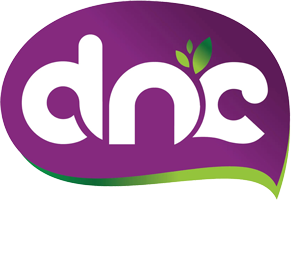Your body needs vitamin C (ascorbic acid) to form blood vessels, cartilage, muscle, and collagen in bones as well. Vitamin C is also essential for your body’s recovery process.
Vitamin C is an antioxidant that protects your body’s cells from the effects of free radicals, molecules that arise during your body’s digestion and breakdown of food or when your body is exposed to tobacco smoke, sunlight, X-rays, or other sources. Free radicals may play a role in heart disease, cancer and other diseases. Vitamin C also helps your body absorb and store iron.
Since your body doesn’t release vitamin C, you need to get it from your diet. Vitamin C is found in citrus fruits, berries, potatoes, tomatoes, peppers, cabbage, Brussels sprouts, broccoli and spinach. Vitamin C is also available in oral supplements, usually in capsules and chewable tablets.
Most people get enough vitamin C by eating a proper diet. Vitamin C deficiency is more likely to appear in people who:
- smoke or are exposed to secondhand smoke
- Have diseases of the gastrointestinal tract or certain types of cancer
- They follow a limited diet that does not include fruits and vegetables regularly
If you take the vitamin for its antioxidant properties, don’t forget that a supplement may not offer you the same benefits that you naturally get through food.
The recommended daily intake of the vitamin is 90 milligrams for adult men and 75 milligrams for adult women.
Benefits of Vitamin C
- Eye diseases: Taking oral vitamin C supplements in combination with vitamins and minerals appears to prevent age-related macular degeneration from deteriorating. Some studies also suggest that people who have higher levels of vitamin C in their diets have a lower risk of developing cataracts.
- Colds: Taking vitamin C supplements by mouth does not prevent a cold. Evidence also suggests that the benefits of taking vitamin C supplements regularly to reduce the duration or severity of cold symptoms are minimal.
- Cancer: Eating a diet rich in fruits and vegetables may reduce the risk of many types of cancer, such as breast, colon and lung cancer. However, it is not clear whether this protective effect is related to the content of vitamin C in food or not.
Due to the importance of the vitamin, the company worked to include it in its products such as Frosty juice granule juice and dance juice (carton box)




